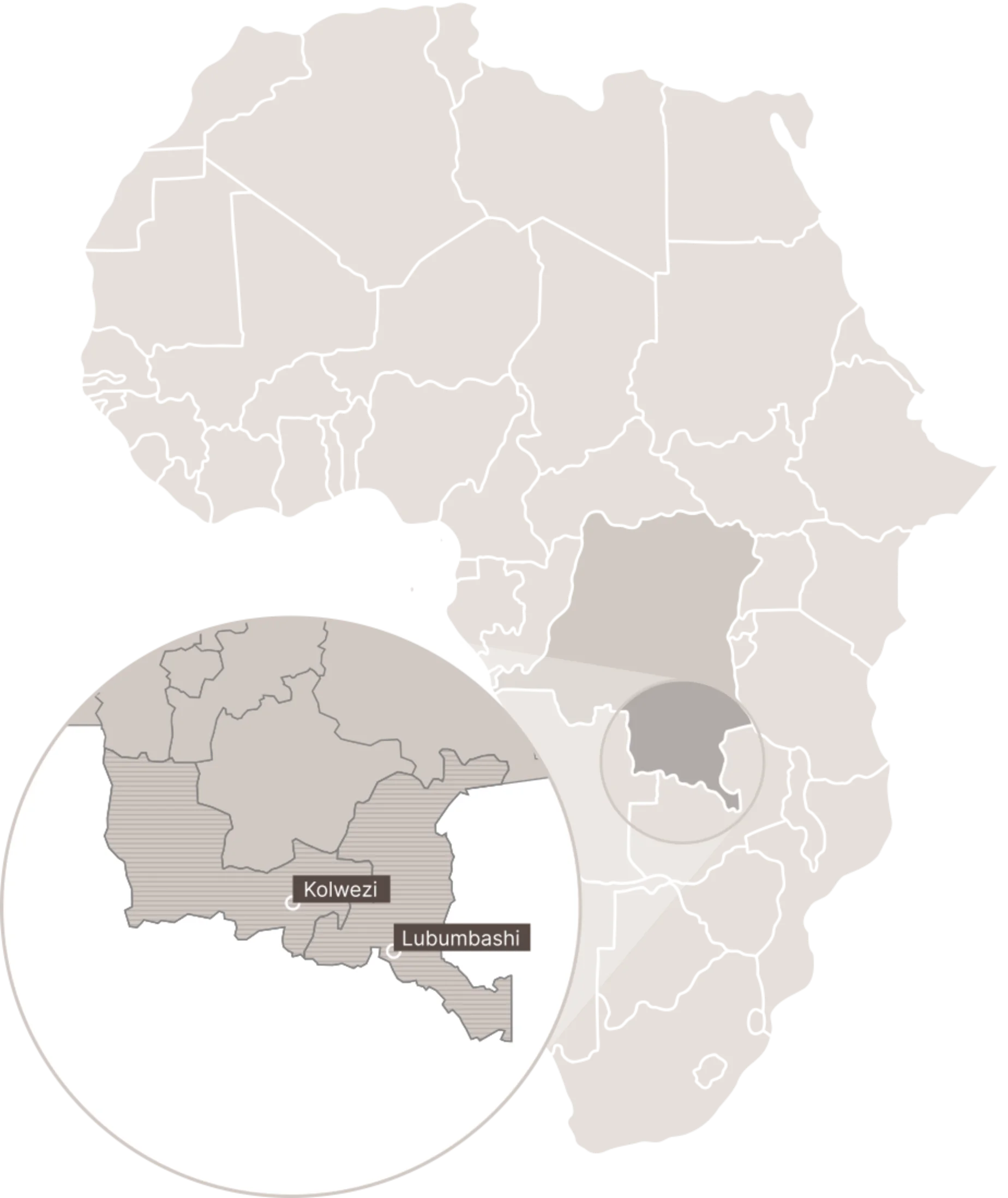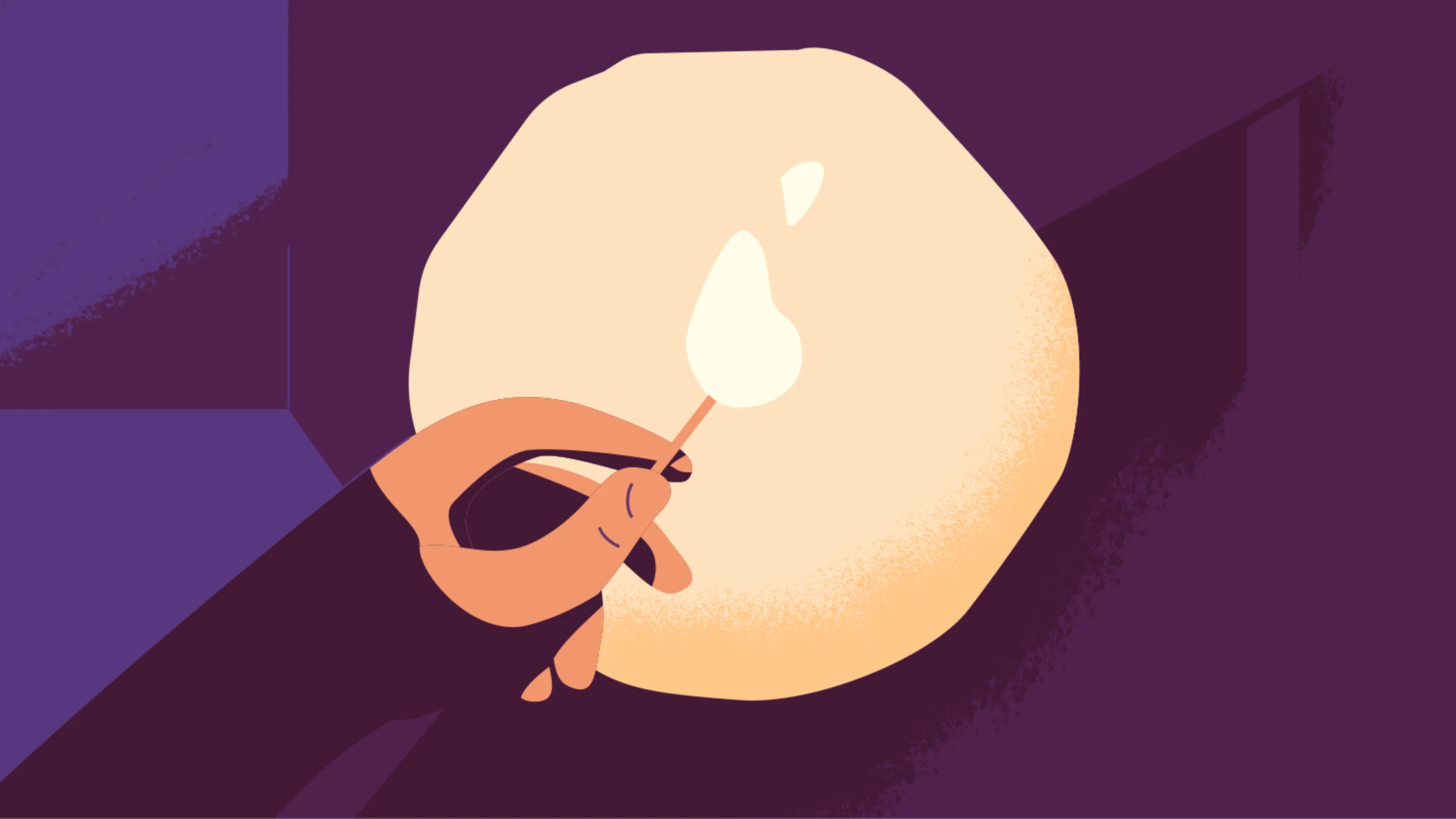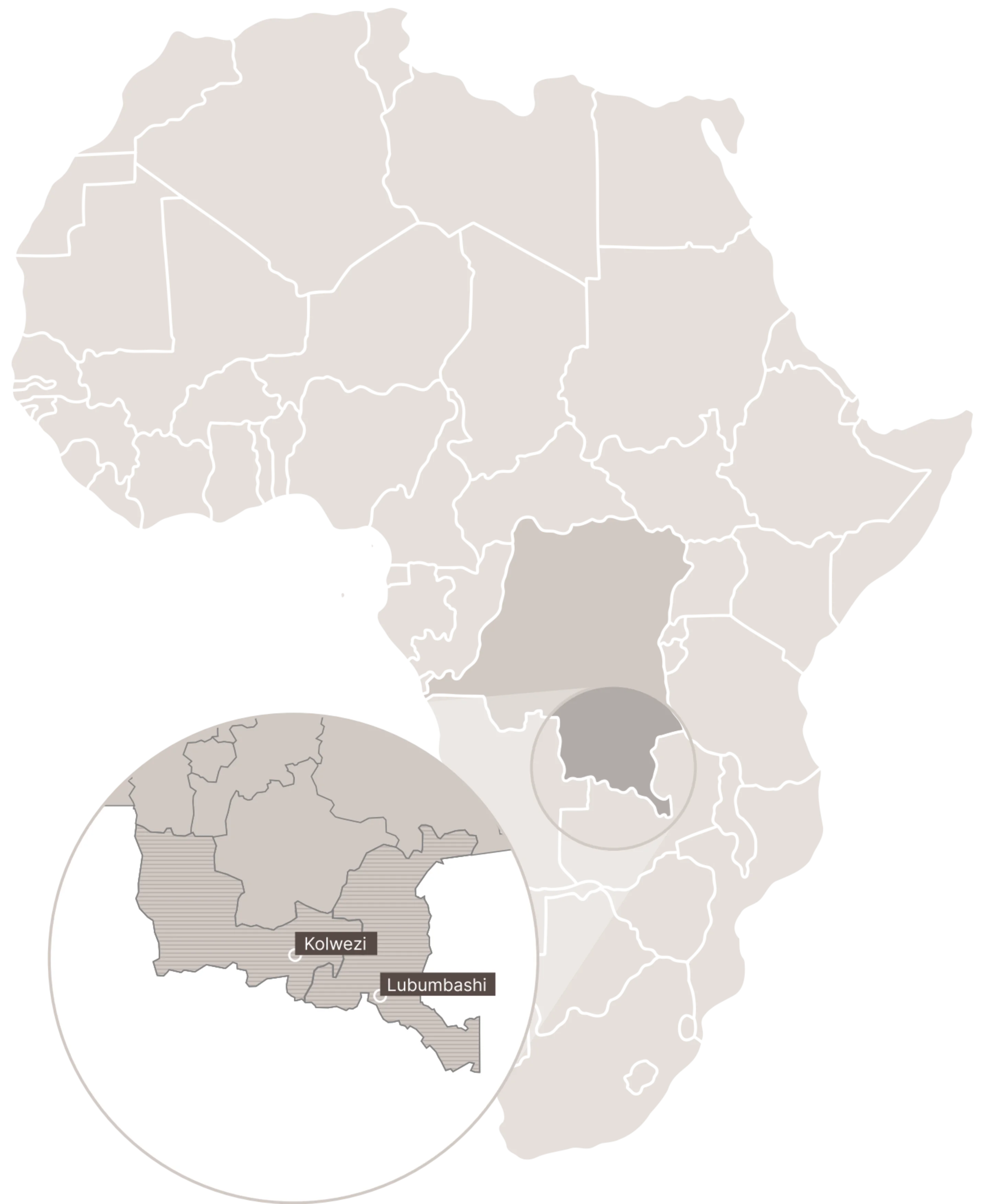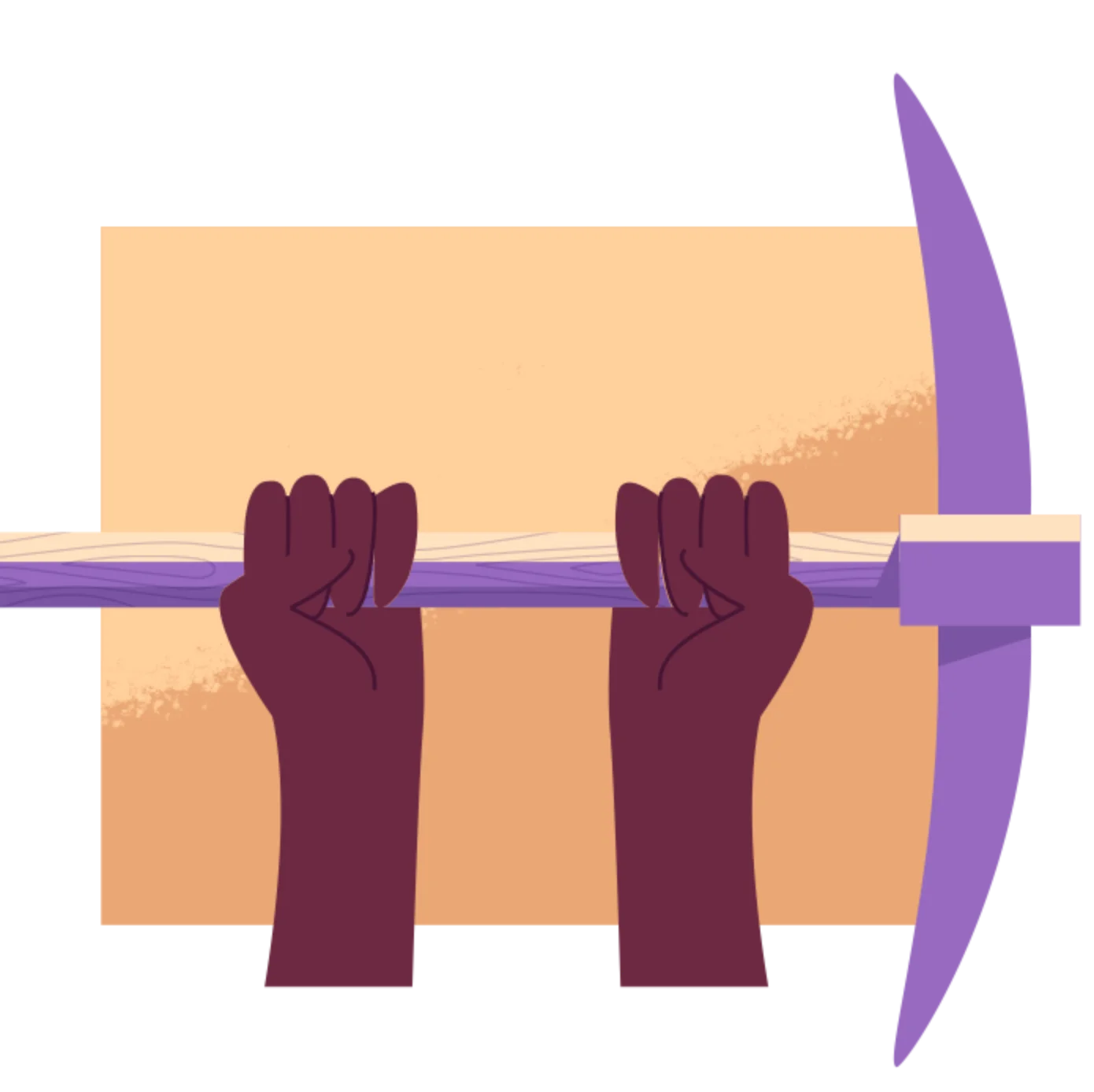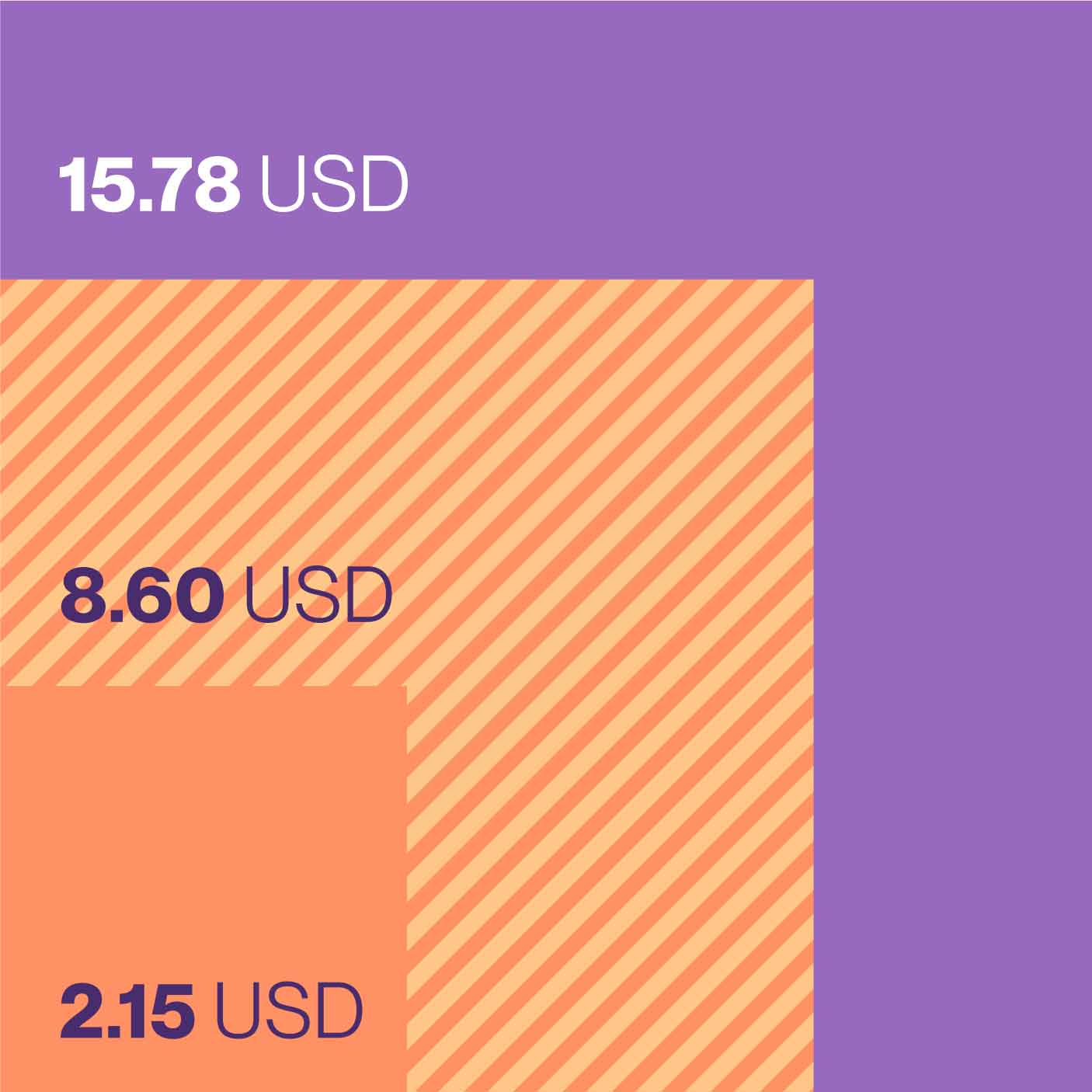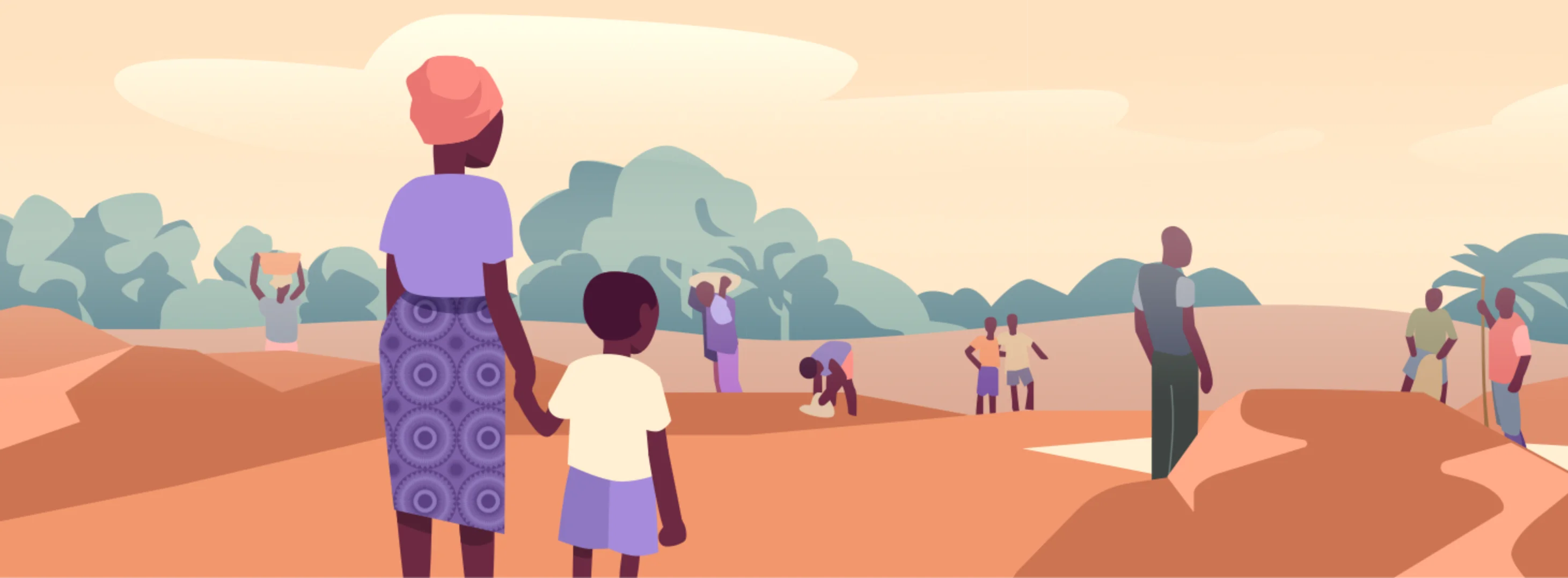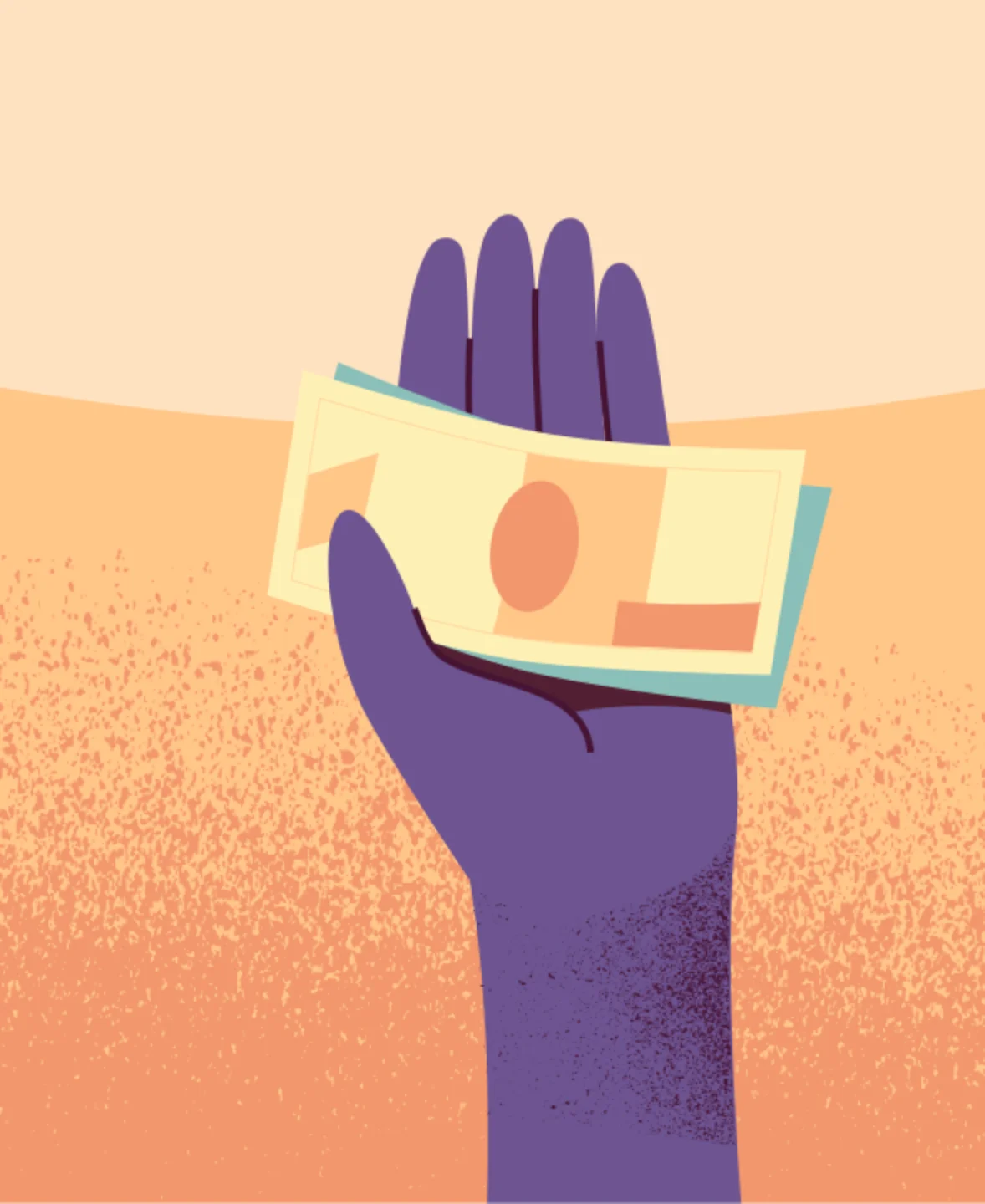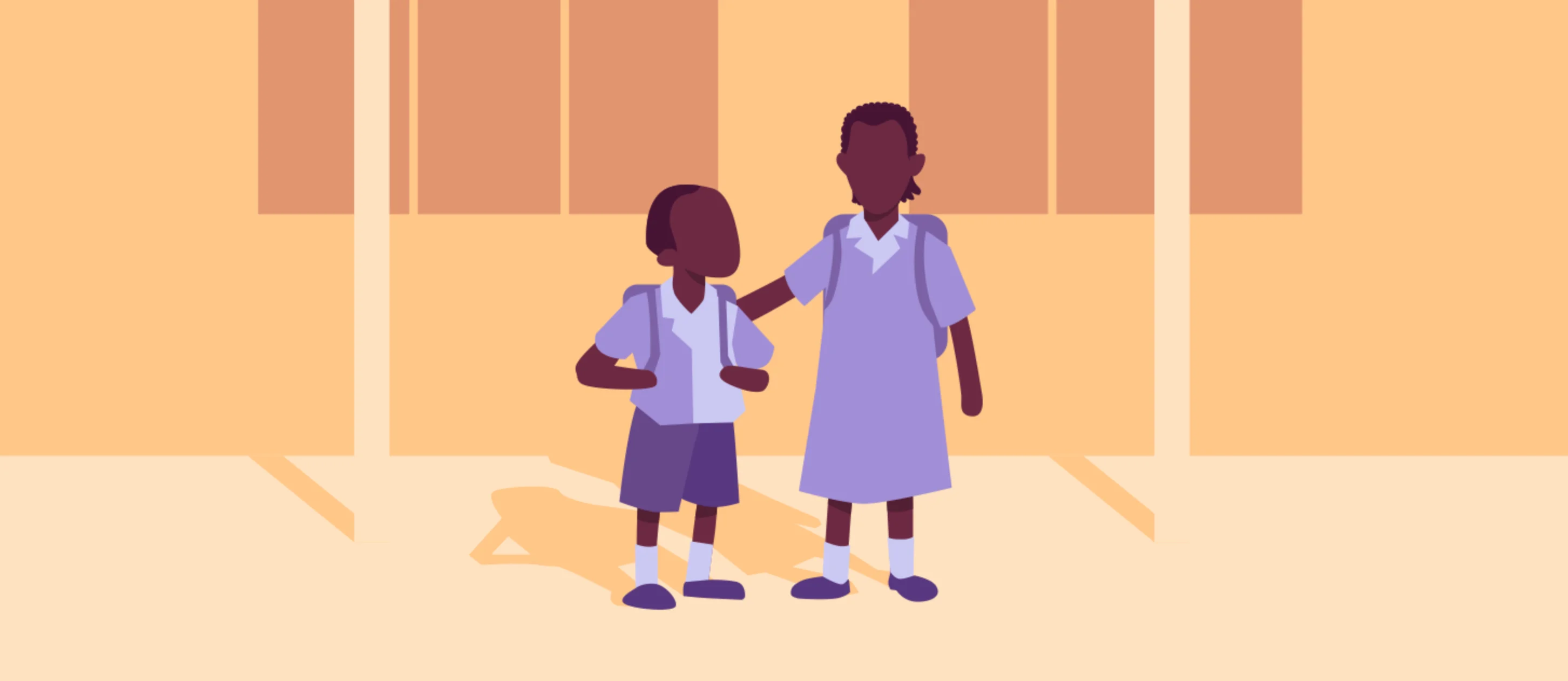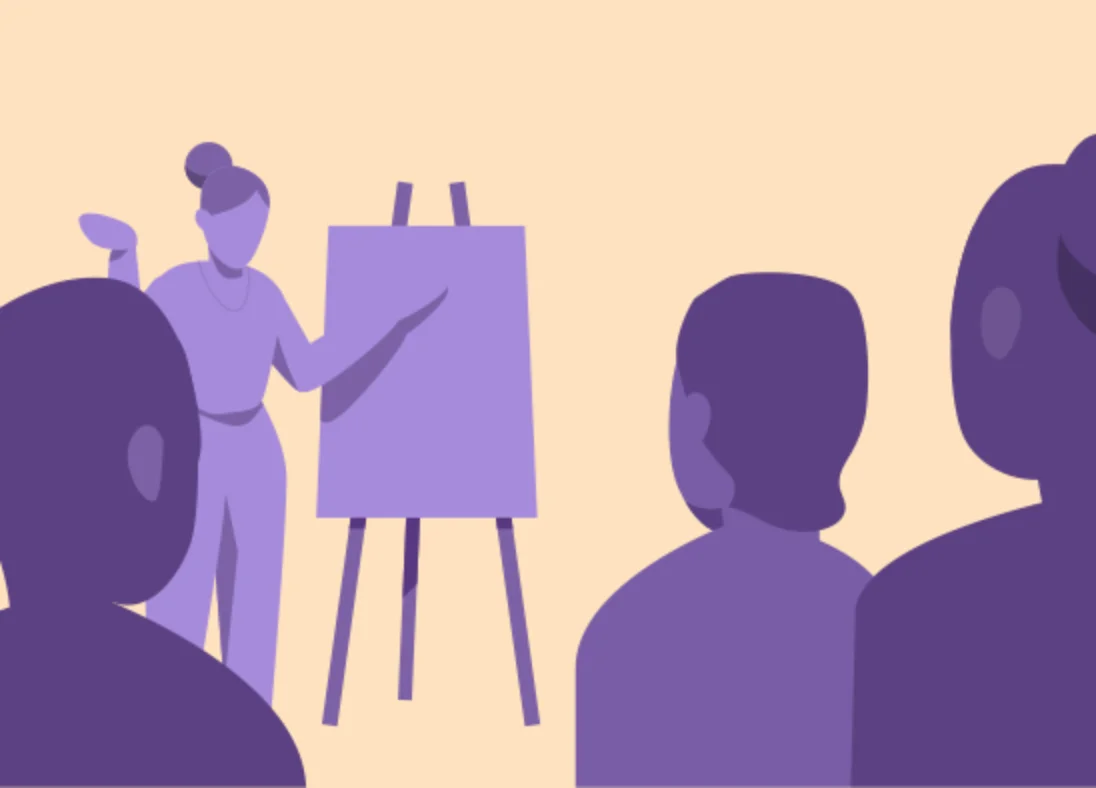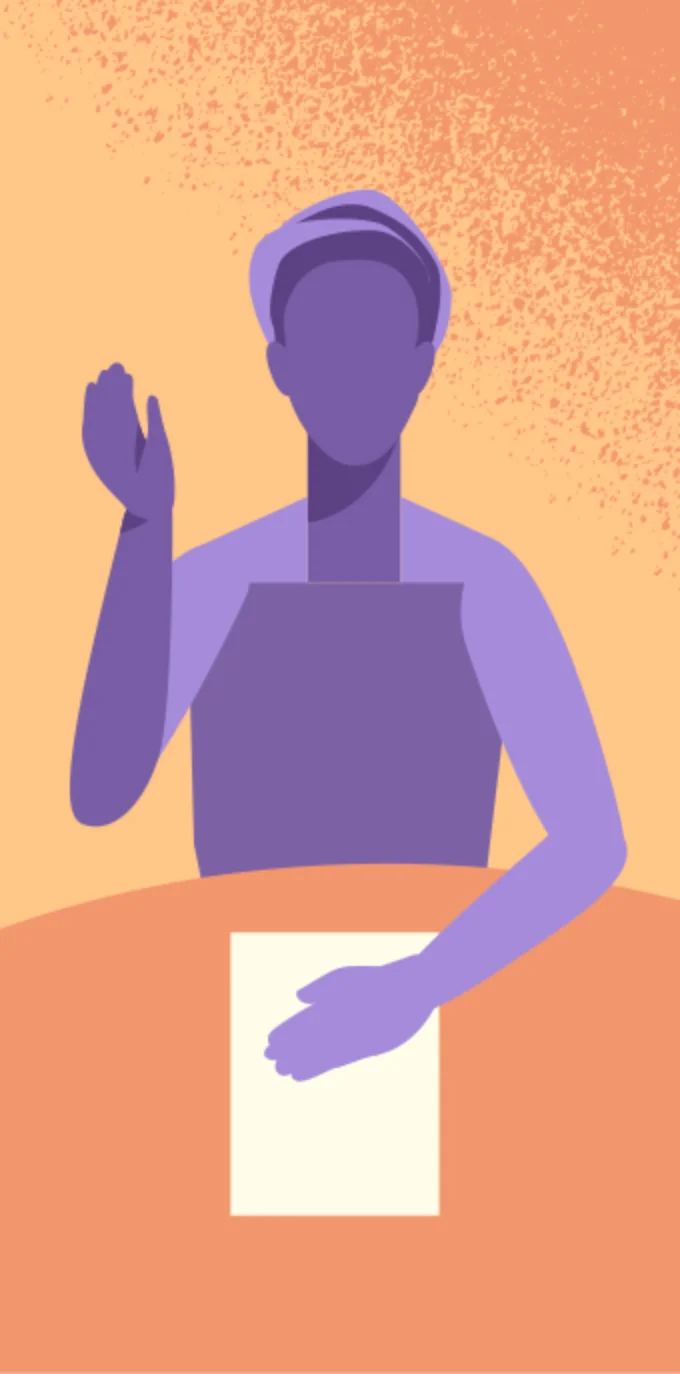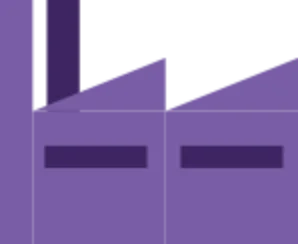Gloria* is an artisanal cobalt miner in Kolwezi, Democratic Republic of Congo.
Cobalt mining has always been a part of her life.
But never did she imagine her young children would be working alongside her.
This was not the life she dreamed of for them.
*Gloria’s story has been written to reflect the experiences of interviews with women in Kolwezi, protecting their anonymity. While names and details have been changed, Gloria’s story is true to what we heard. Information throughout is based on interviews with women artisanal cobalt miners and traders in Kolwezi during 2022 and 2023.
